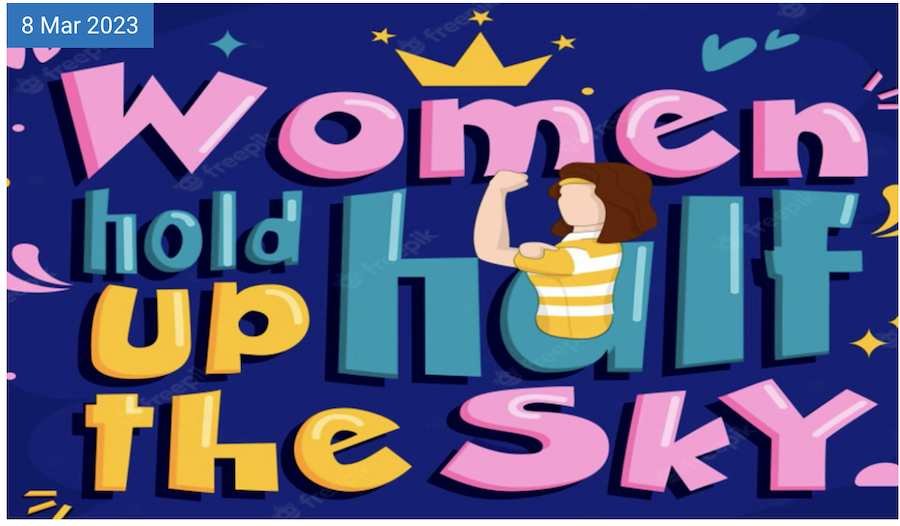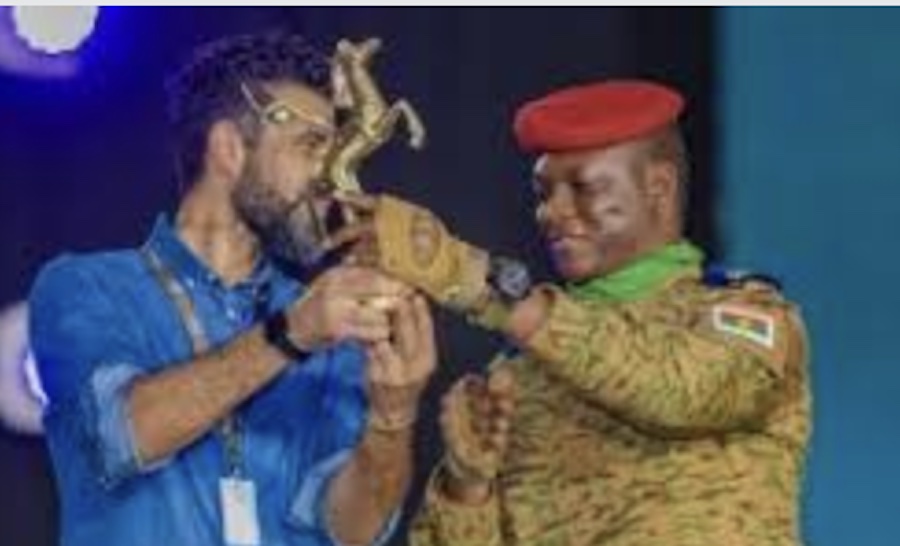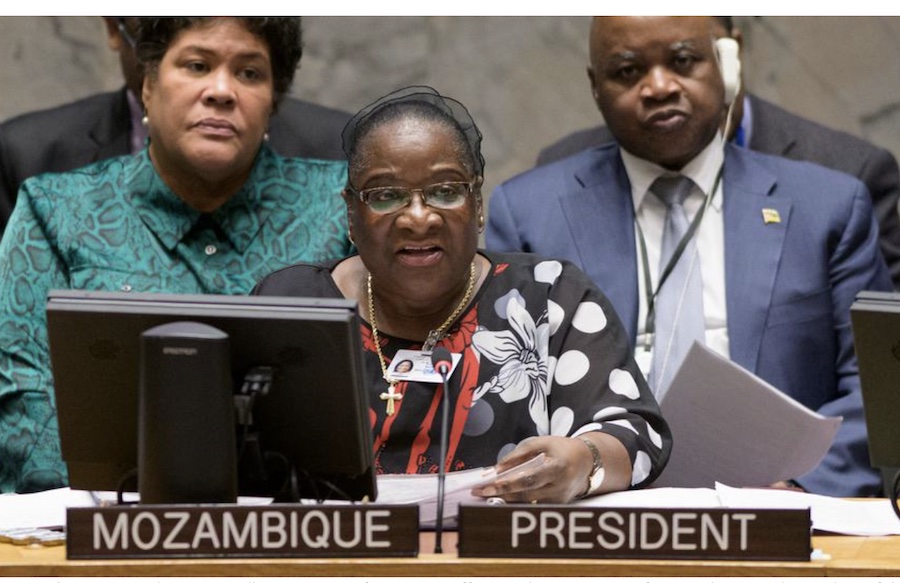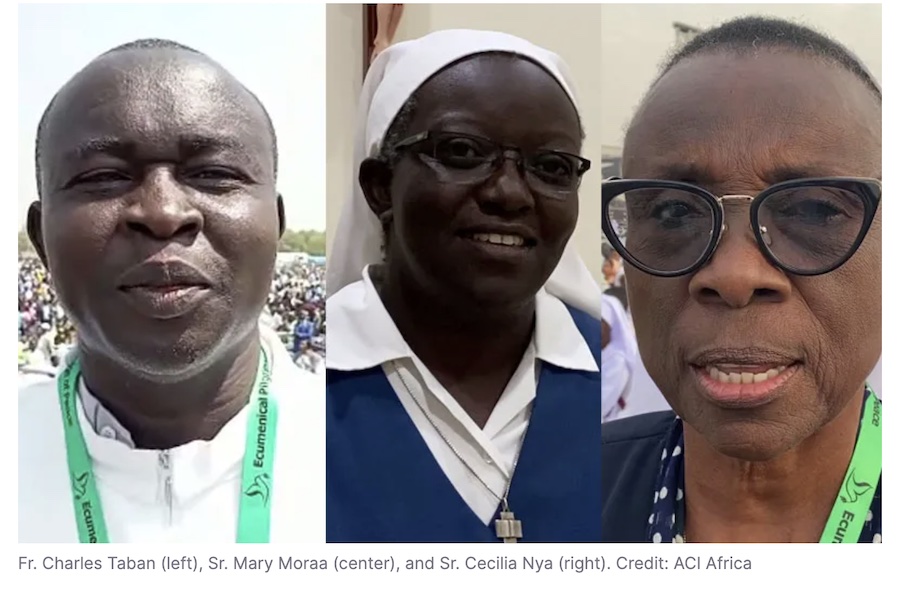. WOMEN’S EQUALITY .
An article by Glory Ohagwu in Voice of Nigeria
The USAID-funded Initiatives to Promote Peace (CIPP) being implemented by Mercy Corps has organised one-day women in peacebuilding virtual conference themed “Women Peace and Security in the Digital Age” in support of the Women Peace-building Councils in commemoration of the 2023 International Women’s Day.

The virtual convergence which celebrated women for the entrenching culture of peace and promoting gender equitable communities in their communities had participants from Women Peacebuilding Councils across the North West and North Central geopolitical zones of Nigeria deliberating on women’s leadership role in peacebuilding and the need to leverage the digital technologies to accelerate the achievement of the women, peace and security agenda in this digital age.
The women agreed that While ICT provides a platform for amplifying the voices of women and promoting their greater role in peacemaking and peace-building; despite the important role women play in conflict prevention and peace-building, women still experience entrenched socio-cultural norms and a myriad of factors including poverty, illiteracy and inherent biases limiting women’s ability to access and leverage on the digital platform, to spread peace messaging and advocating for their rights thereby hindering their meaningful participation in peace and security decision making.
They pointed out that even though the digital gender disparity reduces opportunities to unlock technology’s full potential to address women’s peace and security in society, there is no data to show its impact on women’s peace and security agenda. They observed that women’s poor access to digital technology seems to deepen gender inequalities and marginalisation thereby impeding their access to decent and rewarding jobs and valuable information needed to gain social, economic and political empowerment.
(Article continued in right column)
Can the women of Africa lead the continent to peace?
(Article continued from left column)
Addressing the virtual converge, David Gatare, CIPP’s Chief of Party at Mercy Corps Nigeria said CIPP has facilitated the establishment of women peace-building councils in Kano, Kaduna, Katsina, Kaduna, Plateau, Benue and Kogi states to expand women’s network and influence in peace-building.
“Women’s participation in the digital space could potentially accelerate the achievement of gender equality and women’s empowerment and build an inclusive, equitable and peaceful society,” he added.
Contributing to the discourse, Zainab Baba, a peace builder and social media influencer said ‘The digital space can better serve as a platform for increasing the visibility of the work of women peacebuilders, especially change the perception about women’s leadership; strengthen the relationship and social networks along lines of division; counter misinformation; advocate for women’s rights and shape peace in the society.”
For, Hajiya Saadatu Aliyu, founder of Shamrock Innovations, “duty bearers need to be deliberate about training, mentoring and increasing school enrolment of a significant number of women and girls in science and technology through scholarships scheme and promote their meaningful engagement in decision making in the Science, Technology, Engineering and Mathematics (STEM).”
Key recommendations at the end of the virtual convergence among others include the need to engage civil society organizations and women-led groups in designing and implementing context specific digital literacy training programmes to close gender digital divide to increase the number of women and girls participating in Science Technology Engineering and Mathematics (STEM) decision making and supporting locally-led initiatives focused on building the capacity of young women peace builders to leverage the digital space to counter negative narratives and influence at-risk youth to promote peaceful behaviour and resilient communities, enacting and enforcing policies and laws that drive the adoption of gender responsive and inclusive Information, Communication and Technology (ICT) to promote digital inclusion .
The International Women’s Day is celebrated on 8th March annually to spotlight the achievements, challenges and struggles of women around the world.The theme for 2023 DigitALL: Innovaation and technology for gender equality pushes for greater gender equality in innovation and technology.`
Community Initiatives to Promote Peace (CIPP) is a peacebuilding program that seeks to improve the local community’s ability to address violent extremist recruitment tactics, improve local capacity and skills to manage disputes, strengthen women’s capacities to prevent and resolve conflict.









